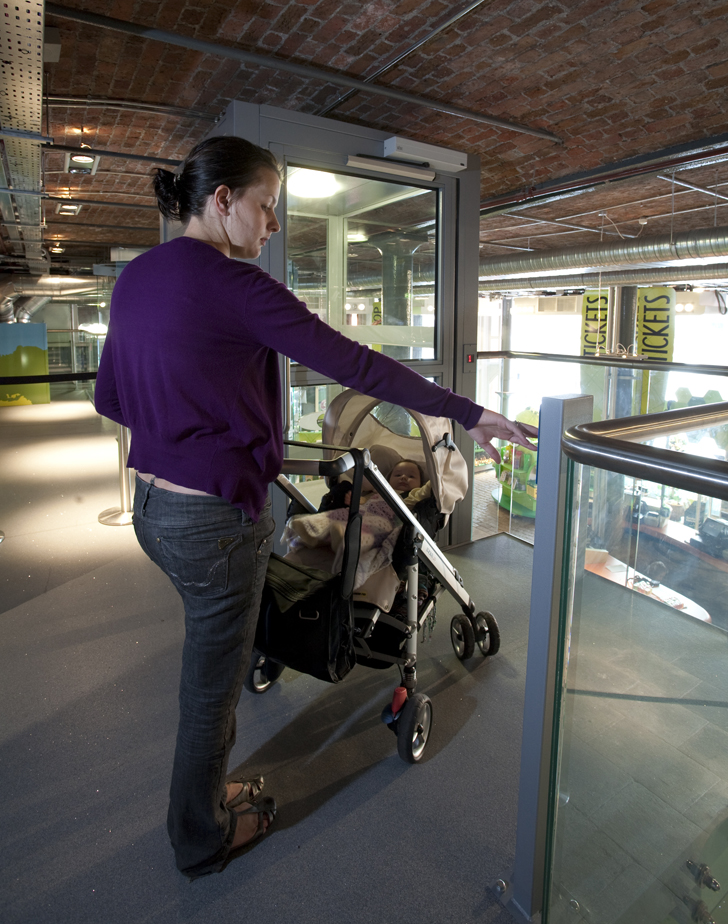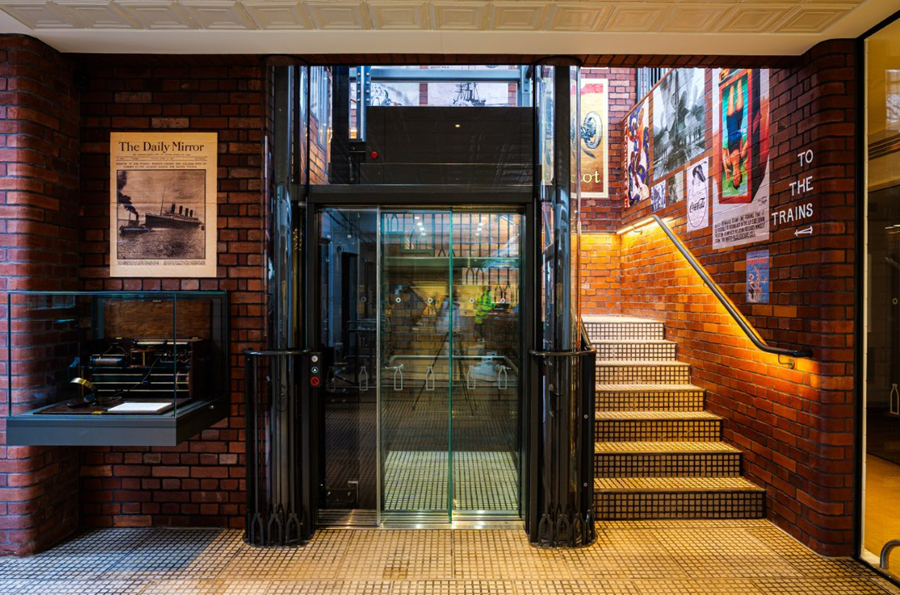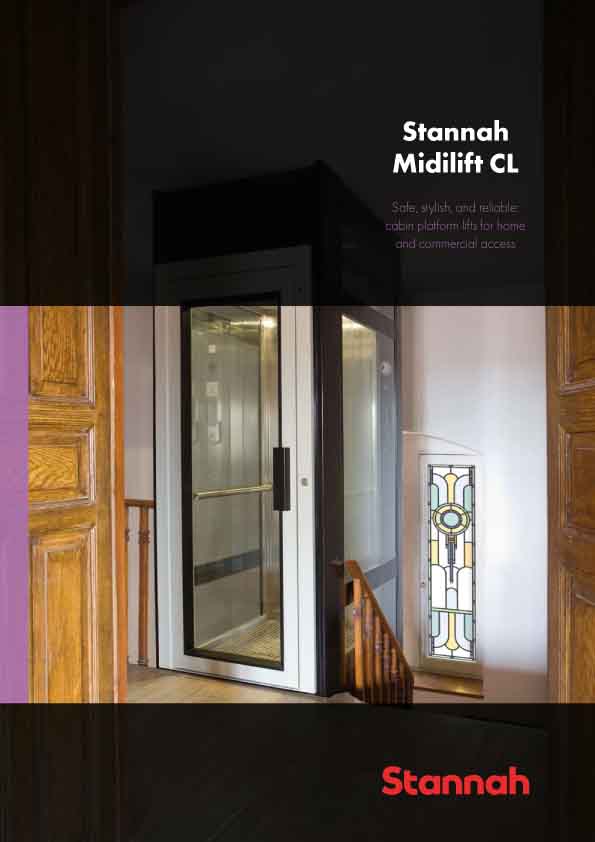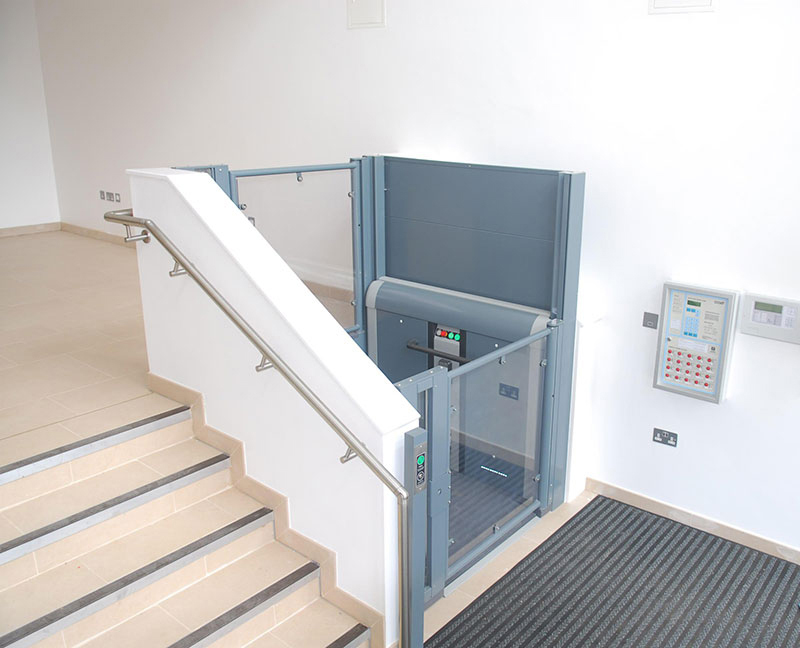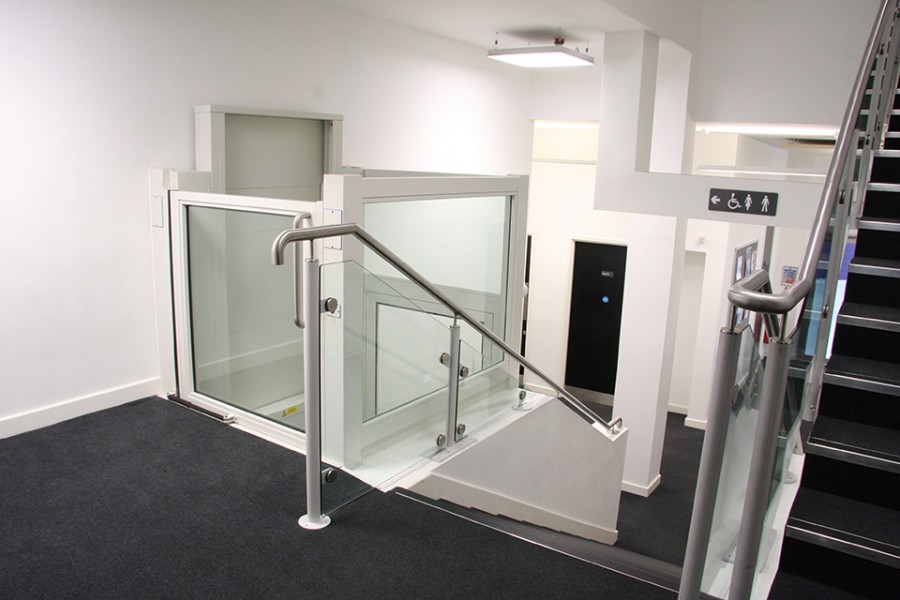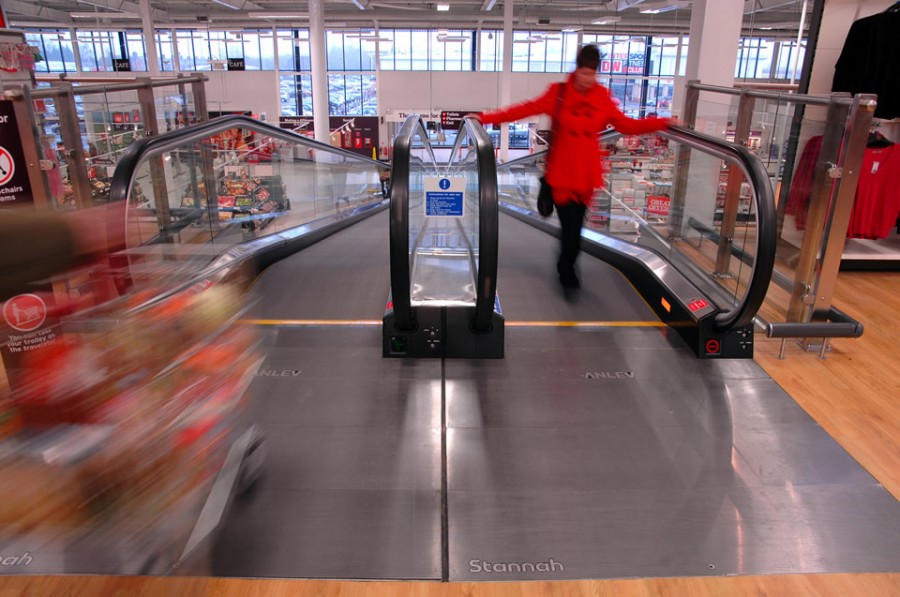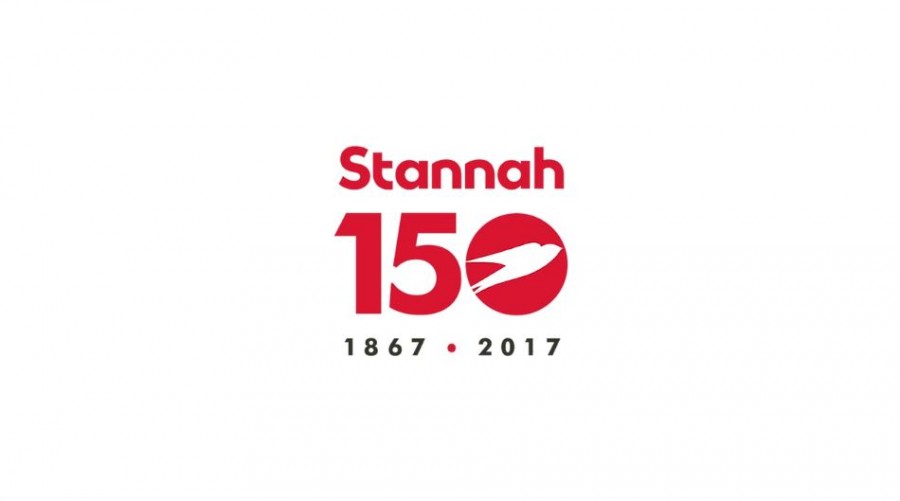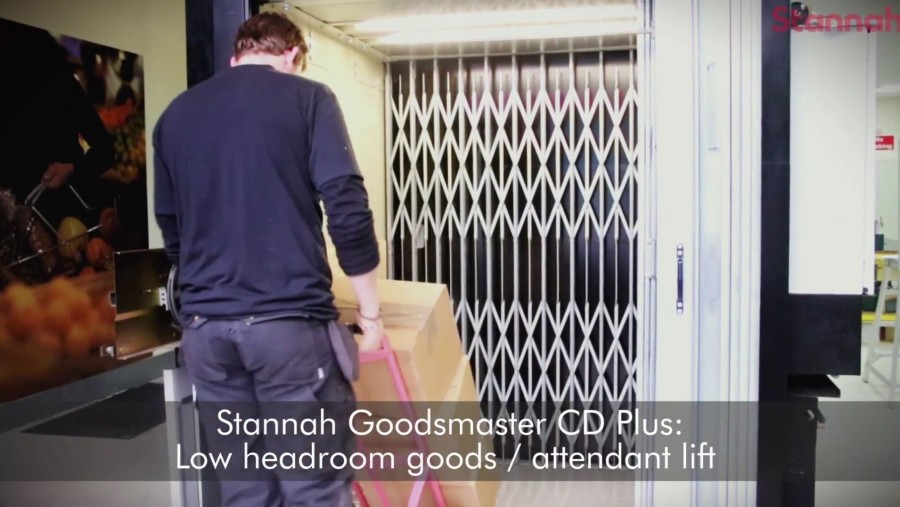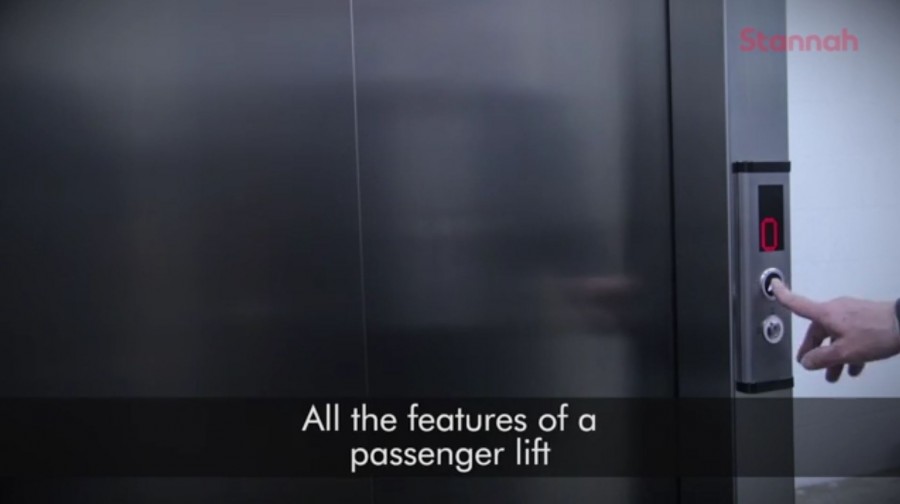
Lifts are an important part of improving accessibility in buildings and public spaces, yet with many options on the market, it can be challenging to understand which lift to choose. Archie Hungwe, Chief Operating Officer at Stannah, looks at the difference between platform and passenger lifts and which lift system is best for different environments.
Passenger lifts vs platform lifts
“The purpose of a passenger lift is to transport people safely between floors. Designed for efficiency and reliability, they typically travel at speeds exceeding 0.15 metres per second and can carry anywhere from three to over 30 passengers. Commonly installed in commercial premises, residential buildings and public facilities, passenger lifts must comply with the Lifts Regulations 2016, ensuring they meet stringent safety and performance standards.
These types of lifts are most suitable for new buildings, where constructing a lift shaft and pit can be planned from the outset, or in existing buildings that already have a shaft in place. Passenger lifts are ideal in environments where the lift will serve as the primary means of vertical transport, experience frequent use, or where effective management of high passenger traffic is essential, such as in critical or high-demand built environments.
While passenger lifts are the preferred solution for most buildings, platform lifts offer a viable alternative in buildings and residential settings with lower foot traffic or where there is limited shaft space, pit depth or headroom.
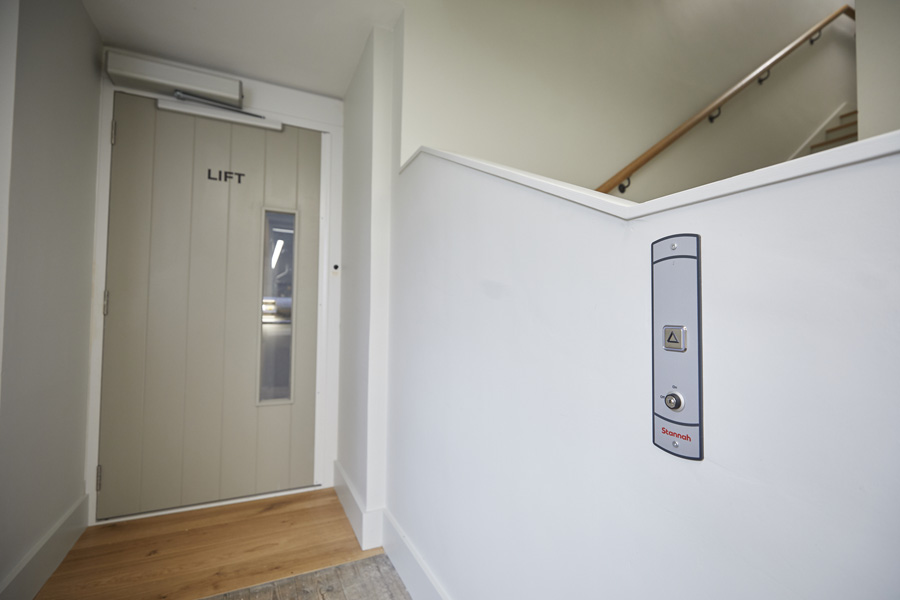
Platform lifts are designed to carry up to five passengers and typically operate at speeds below 0.15 metres per second, with a maximum travel height of 12 metres. Regulated under the Supply of Machinery (Safety) Regulations 2008, platform lifts are particularly suited for people with reduced mobility, wheelchair users or those with pushchairs, offering a practical and accessible solution where a full passenger lift is not feasible.
When selecting a passenger or platform lift, both design and accessibility should be carefully considered. Controls should be installed at accessible heights and may include braille and tactile buttons to support visually impaired users. Incorporating contrasting colours and considering Light Reflectance Values can also enhance visibility and usability for passengers with limited vision.
All lifts must be equipped with two-way emergency communication in case passengers become trapped. Standard systems typically include an emergency call button, speaker and microphone, while more advanced setups may incorporate induction loops to support hearing aid users.
Collaborating with a qualified lift specialist during the planning and installation phases is essential to ensure the lift meets current regulations, health and safety standards and the evolving needs of building occupants.”
For more information on passenger lifts, visit: https://www.stannahlifts.co.uk/products/passenger-lifts/range-overview
To learn more about platform lifts, visit: https://blog.stannahlifts.co.uk/platform-lifts-the-choices-and-differences
Contact a lift specialist: www.stannahlifts.co.uk

